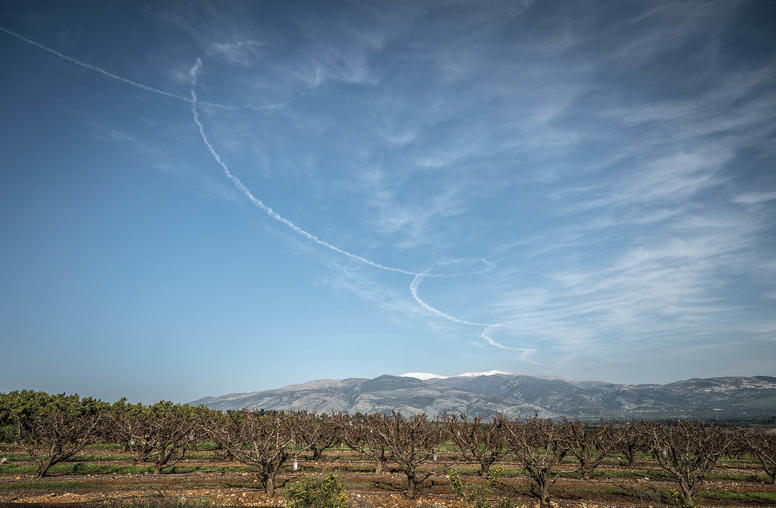Voices from the Front Lines: Update on the Syrian Opposition
Since March, Syrians have taken to the streets calling for an end to the regime of Bashar al-Assad and a transition to democracy. However, the Syrian opposition has struggled to establish a unified leadership. The United States Institute of Peace hosted the first public discussion in the U.S. with founding members of the Syrian National Council, including opposition figures who are among the leadership of the SNC Council.
Since March, Syrians have taken to the streets calling for an end to the regime of Bashar al-Assad and a transition to democracy. The Syrian government has responded with massive force, killing some 3,000 Syrians and arresting tens of thousands more. Despite government repression, the Syrian uprising has given rise to an active and increasingly capable opposition movement, both inside Syria and among Syrians living abroad.
However, the Syrian opposition has struggled to establish a unified leadership. Now, following an intensive process of negotiations among diverse opposition groups, a Syrian National Council (SNC) has been established to represent the Syrian opposition. The formation of the SNC is an important and positive step in the opposition’s development. Yet significant challenges must still be overcome for the SNC to secure international recognition, broaden its support within Syria, and acquire the legitimacy it will need to establish itself as a viable alternative to the Assad regime.
To discuss these concerns, the United States Institute of Peace hosted the first public discussion in the U.S. with founding members of the Syrian National Council, including opposition figures who are among the leadership of the SNC Council. A prominent Syrian dissident and leader of the uprising who is a resident inside of Syria participated in the discussion.
Speakers
- Ausama Monajed
A member of the Syrian National Council (SNC) and executive director of the Strategic Research and Communication Centre in London. Mr. Monajed has been involved in the coordination between protest organizers across Syria, providing logistical support on the ground and managing a network of volunteers abroad to monitor developments, collect information and footage, and feed international and regional media with latest updates. Mr. Monajed previously served as the director of Barada Television, the Syrian opposition TV channel. - Murhaf Jouejati, Ph.D.
A member of the Syrian National Council (SNC), Dr. Jouejati is professor of middle east studies at the National Defense University’s Near East South Asia Center for Strategic Studies. Dr. Jouejati is also a professorial lecturer in political science and international affairs at the George Washington University, as well as a scholar at the Middle East Institute in Washington, DC. - Najib Ghadbian, Ph.D.
A Syrian academic and member of the Syrian National Council (SNC), Professor Ghadbian is associate professor of political science and middle east studies at the University of Arkansas. He is the author of several books and articles in English and Arabic. His Arabic book, “The Second Assad Regime: Bashar of Lost Opportunities,” was published in 2006. Dr. Ghadbian was a signatory to the Damascus Declaration and is currently active within the Syrian opposition abroad. - Ms. Dima Moussa
A Syrian-born attorney and member of the Syrian National Council (SNC), Ms. Mousa has been affiliated with the Human Rights Law Institute of DePaul University, focusing on Arab women's rights. She has also volunteered with an organization that assisted Iraqi refugees in adjusting to life in the United States. In recent months, Ms. Moussa has been active in the Syrian-American community, serving as a media spokesperson for a key grassroots movements in Syria, in addition to independently working with activists inside and outside Syria. Ms. Moussa is fluent in Arabic and English, in addition to speaking Assyrian. - Steven Heydemann, Ph.D. Moderator
Senior Adviser, Middle East Initiatives
U.S. Institute of Peace
Explore Further
- Watch the event video
- “The Assad Regime will Collapse"
Event News Feature | October 13, 2011 - Countries and Regions: Syria
- Syria's Opposition Takes Form
On the Issues by Steven Heydemann | October 2011



